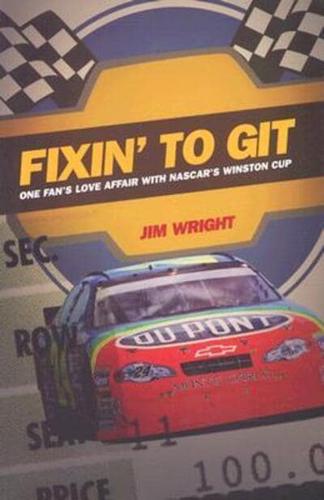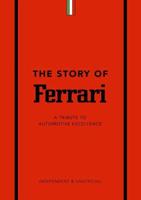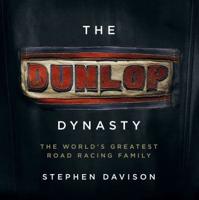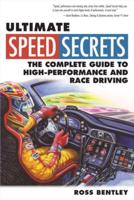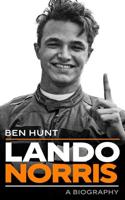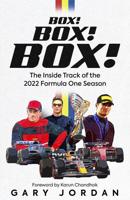Publisher's Synopsis
In the past twenty years, big-time stock-car racing has become America's fastest growing spectator sport. Winston Cup races draw larger audiences-at the tracks and on television-than any other sport, and drivers like Dale Jarrett, Jeff Gordon, and Mark Martin have become cultural icons whose endorsements command millions. What accounts for NASCAR's surging popularity?
For years a "closeted" NASCAR fan, Professor Jim Wright took advantage of a sabbatical in 1999 to attend stock-car races at seven of the Winston Cup's legendary venues: Daytona, Indianapolis, Darlington, Charlotte, Richmond, Atlanta, and Talladega. The "Fixin' to Git Road Tour" resulted in this book-not just a travelogue of Wright's year at the races, but a fan's valentine to the spectacle, the pageantry, and the subculture of Winston Cup racing.
Wright busts the myth that NASCAR is a Southern sport and takes on critics who claim that there's nothing to racing but "drive fast, turn left," revealing the skill, mental acuity, and physical stamina required by drivers and their crews. Mostly, though, he captures the experience of loyal NASCAR fans like himself, describing the drama in the grandstands-and in the bars, restaurants, parking lots, juke joints, motels, and campgrounds where race fans congregate. He conveys the rich, erotic sensory overload-the sights, the sounds, the smells, the feel-of weekends at the Winston Cup race tracks.
For years a "closeted" NASCAR fan, Professor Jim Wright took advantage of a sabbatical in 1999 to attend stock-car races at seven of the Winston Cup's legendary venues: Daytona, Indianapolis, Darlington, Charlotte, Richmond, Atlanta, and Talladega. The "Fixin' to Git Road Tour" resulted in this book-not just a travelogue of Wright's year at the races, but a fan's valentine to the spectacle, the pageantry, and the subculture of Winston Cup racing.
Wright busts the myth that NASCAR is a Southern sport and takes on critics who claim that there's nothing to racing but "drive fast, turn left," revealing the skill, mental acuity, and physical stamina required by drivers and their crews. Mostly, though, he captures the experience of loyal NASCAR fans like himself, describing the drama in the grandstands-and in the bars, restaurants, parking lots, juke joints, motels, and campgrounds where race fans congregate. He conveys the rich, erotic sensory overload-the sights, the sounds, the smells, the feel-of weekends at the Winston Cup race tracks.
